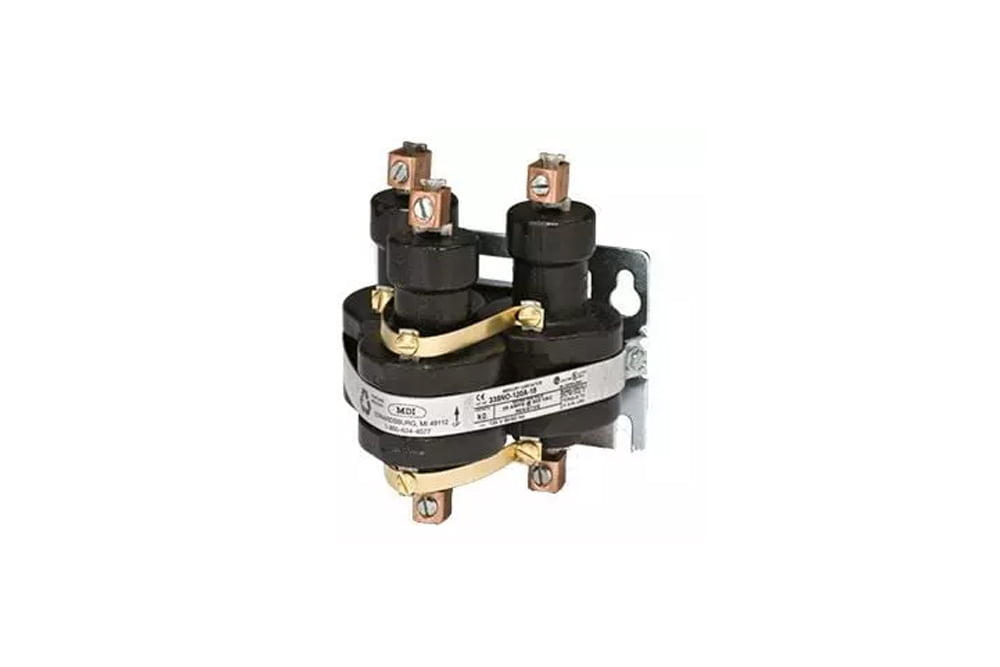Power controls in industrial process heating rely on relays for automation purposes, to prevent motors from overheating and to ensure reliable temperature regulation.
Used in applications that include heaters, fans, motors and compressors, solid state relays are reliable and provide rapid reaction times. Because they are resistant to shock and vibration, they can be used in many harsh environments. Mercury relays, although less popular due to their toxicity, are as resilient as they are reliable, especially when used in applications such as industrial process heating equipment.
Here, the industrial heating and power controls experts of Gordo Sales compare and contrast these relays and explore the merits of each in various applications.

Mercury has been used in power control and switching applications for the better part of a century. They are durable, reliable and cost-effective, and easier to replace in most cases. They are also able to endure in particularly challenging and dirty environments.
The most commonly noted downside to this type of relay is, simply, that they contain mercury. Recognized as a toxic substance, mercury is also harmful for the environment. If you remove one, you must follow federal regulations for its handling and disposal.
The first positive aspect of SSRs is that they do not contain mercury. This makes them legal in all states. Another of the important noted benefits of solid state components (of any type) is their reliability. With no moving parts inside – SSRs use electrical and optical signals for their function – they have less likelihood of failure. They have a faster reaction time and do not spark upon actuation.
On the down side, it can be more expensive to switch out for SSRs and, in some high-heat applications, they might not stand up to the rigors of the harsh environment.
In many industries and sectors, the switch is on to solid state relays. In fact, the peace of mind you might get from using this safer component has expanded to encompass improved reliability and reduced downtime.
Making the switch to solid state relays might be the environmentally appropriate course of action. However, this conversion isn’t the best choice in some applications. In process heating applications, for example, mercury displacement relays provide the consistency and durability necessary to stand up to high-heat environments and even the dirtiest conditions.
Whatever your needs may be for industrial power controls, Gordo Sales carries a wide variety of both mercury relays and industrial solid state relays. If you are not sure which type might be best for your needs, contact one of our friendly and knowledgeable team members today.